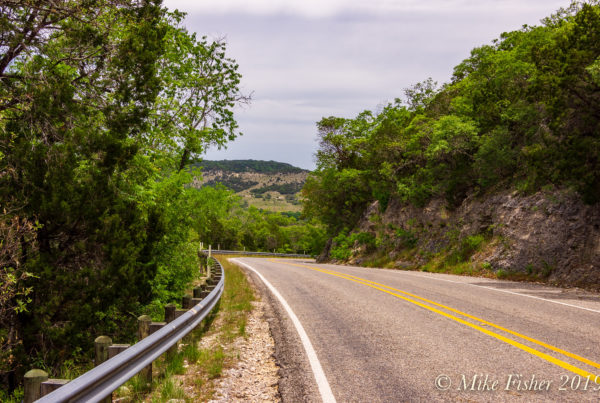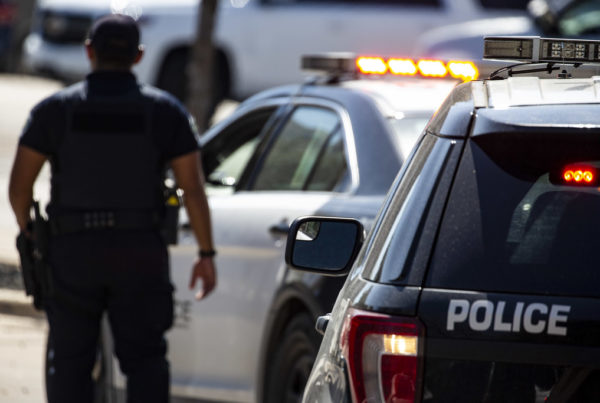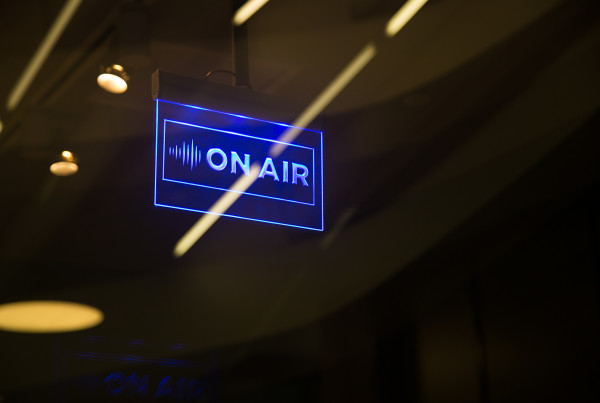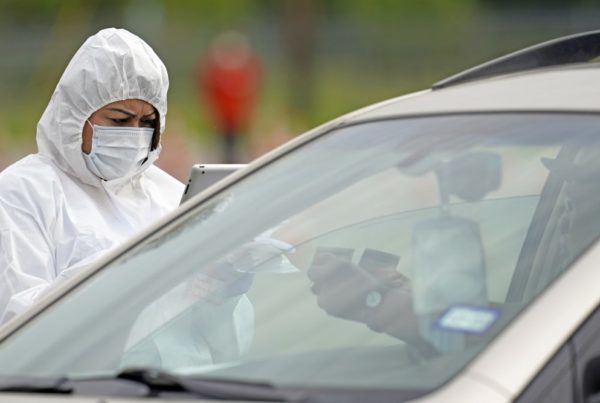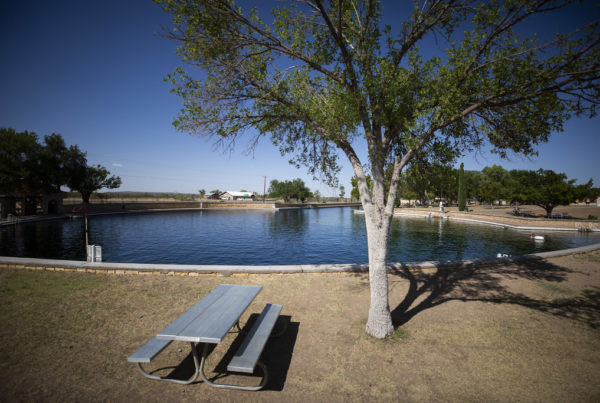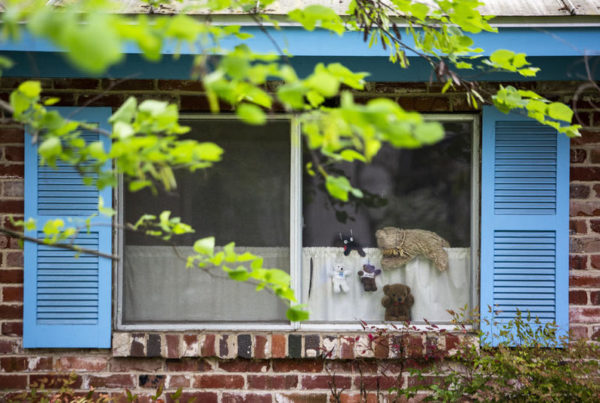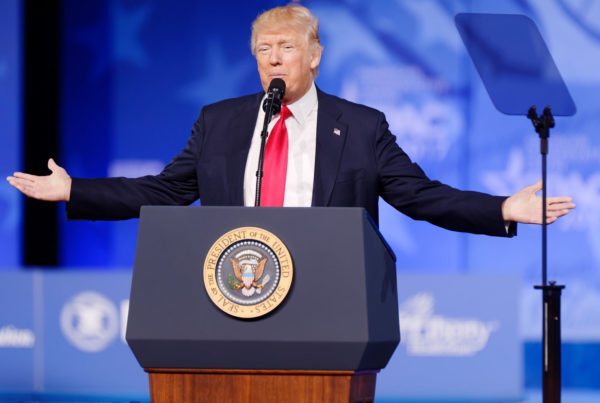When Texas Gov. Greg Abbott issued an executive order on March 31 stipulating who can be out and about and who should stay home during the coronavirus pandemic, there was no mention of whether the order would also be an opportunity for the state to more intensely enforce immigration laws. Actually, one law in particular: Texas Senate Bill 4, known as the show-me-your-papers law from 2017.
SB 4 gives law enforcement officers the ability to ask about a person’s immigration status during traffic stops and arrests.
With the decrease of traffic on Texas roads, some people who are unauthorized to work legally in the United States fear they might be easy targets for traffic stops, and then, possibly, for the enforcement of SB 4.
Emily Timm, deputy director of the Workers Defense Project, says they’re right to be more guarded these days while driving. Many of those who work without authorization have jobs in “essential” sectors like construction and food service that continue amid shelter-in-place orders. Others keep working because they can’t afford to stop. But traveling to those jobs means they might be more at risk for a traffic stop, and more.
“Any interaction with a police officer in Texas could result in an individual being detained, and once placed into custody there’s sort of a pipeline leading to deportation under SB 4,” Timm says.
On a windy morning in March, Juan Francisco Quintanilla was climbing to the tallest branches of a tree in a residential area of southwest Austin. He still shows up to work despite stay-at-home orders.
“My bills are still coming in,” he says. “That’s why I have to keep working.”
Quintanilla is originally from Honduras, but has lived in Texas for decades. He says he’s a mindful driver who follows the law, so he is fairly confident he won’t get pulled over. But if he does, an officer has the right under Abbott’s executive order to question him about why he’s not at home. And then they also have the right, under SB 4, to ask him about his immigration status.
They may have the right to do those things, but Timm says officers also have discretion about how they interpret and enforce those laws.
Without specific direction from Gov. Abbott, though, it’s uncertain whether law enforcement officers will make an effort to enforce SB 4 at this time. Abbott’s office did not respond to Texas Standard’s request for comment.
Abbott has given clear direction about immigration law enforcement during past disasters, though. In 2017, during Hurricane Harvey, he and U.S. Customs and Border Protection both said they were focused on helping those immediately affected by the storm, and not on detaining immigrants.
But without such a statement during the pandemic, Quintanilla feels at risk when he travels to work. And that’s on top of the risk he faces because his job is dangerous. Recently, his chainsaw snapped and cut his finger. He is also older and not self-isolating because of work, which means he’s at greater risk of contracting COVID-19.
To cope with all of the uncertainty right now, with the absence of assurance from Abbott, and the absence of a COVID-19 vaccine, along with the risks of getting injured, sick or deported, he does what he knows: he leans on his faith. It’s an invisible shield that helps him.
Every morning he prays, “Lord, make my path safe.”
Digital story edited by Caroline Covington.




